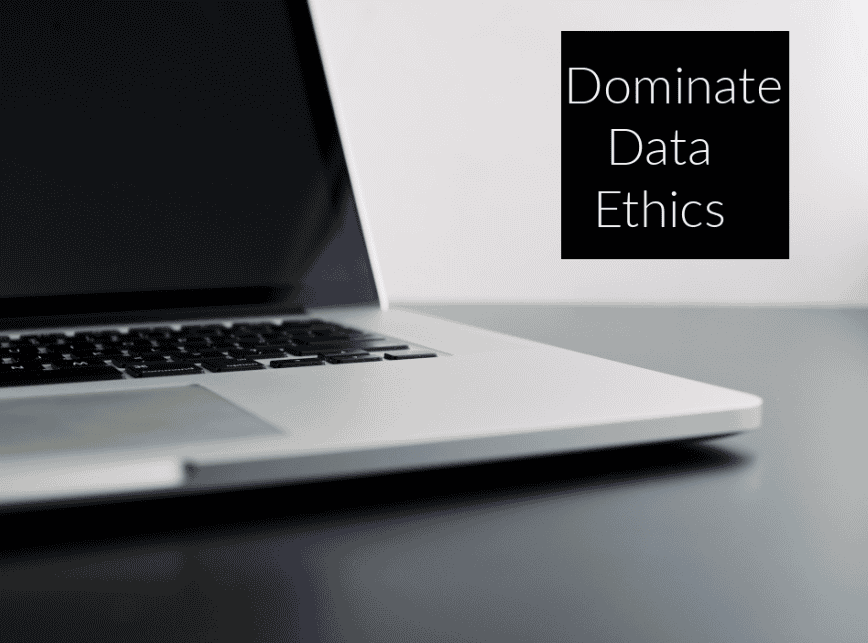Welcome to the Consent Chronicles, where the intersection of technology, data, and ethics takes center stage. In an era marked by the prolific generation and utilization of vast amounts of personal information, navigating the ethical dimensions of data management has become a paramount concern. This guide is your compass in the realm of data ethics, offering six pro tips on mastering the delicate art of consent and ensuring that your approach to data is both powerful and principled.
Whether you’re a data steward, a tech enthusiast, or someone concerned about the implications of your digital footprint, this guide aims to demystify the complexities surrounding data ethics. From establishing transparent consent mechanisms to navigating the evolving regulatory landscape, we present six professional tips that will empower you to not only navigate but dominate the ethical considerations surrounding data in today’s dynamic and interconnected world.

Mastering Cookie Consent Banners
Within the Consent Chronicles, the realm of cookie consent banners stands as a crucial waypoint in the landscape of data ethics. As websites strive to strike a balance between providing personalized experiences and respecting user privacy, implementing an effective cookie consent mechanism becomes paramount. Various programs, such as Cookiebot and OneTrust, have emerged to streamline this process, offering customizable solutions that align with evolving regulatory frameworks. Amidst this landscape, iIlow competitors present a noteworthy alternative, seamlessly integrating user-friendly interfaces with robust consent management features. Understanding the intricacies of cookie consent banners not only ensures compliance but also reflects a commitment to user transparency and ethical data practices, making it a pivotal chapter in the Consent Chronicles.
The Role of Transparent Data Practices
As we continue our expedition through the Consent Chronicles, transparency emerges as a beacon guiding ethical data practices. Transparent data handling involves clearly communicating how user information is collected, processed, and utilized. This principle underpins trust in digital interactions, emphasizing the importance of open communication between businesses and their users. From disclosing data collection purposes to providing accessible privacy policies, transparency becomes an integral part of navigating the intricate web of data ethics. Transparent practices also extend to the performance and reliability of data storage systems, with businesses evaluating metrics such as input/output operations per second (IOPS) to ensure efficient data management. By clearly communicating how these metrics enhance data processing, companies can further build trust with their users, reinforcing their commitment to transparency and ethical standards.
Weaving Ethical Threads into Technological Fabric
In our exploration, the concept of “Privacy by Design” unfurls as a foundational pillar of ethical data practices. Championed by regulatory frameworks such as the GDPR, this approach emphasizes integrating privacy considerations into the very fabric of technology development. By prioritizing user privacy from the outset, Privacy by Design fosters a culture where ethical data practices are not merely add-ons but intrinsic components of technological innovations. This proactive approach not only fortifies user trust but also ensures that ethical considerations remain at the forefront of the digital landscape.
Empowering Users: The Rise of Data Subject Rights
A pivotal chapter in the Consent Chronicles revolves around empowering users with comprehensive data subject rights. From the right to access and rectify personal information to the right to be forgotten, these rights grant individuals control over their data. As data ethics evolve, businesses are challenged to not only comply with these rights but to actively champion them. By embracing and facilitating data subject rights, organizations contribute to a landscape where individuals are not just data points but active participants in the management of their personal information.
Balancing Power and Responsibility
In the Consent Chronicles, ethical data governance emerges as the linchpin for maintaining a delicate balance between leveraging data for innovation and safeguarding individual privacy. Establishing robust governance frameworks involves defining clear responsibilities, ensuring compliance with regulations, and implementing mechanisms for ongoing evaluation and improvement. By embracing a governance model rooted in ethics, organizations cultivate an environment where data is wielded as a powerful tool for positive change while respecting the rights and autonomy of individuals.
Adapting to Evolving Data Ethics Landscapes
As our journey through the Consent Chronicles unfolds, the final chapter beckons us to gaze toward the future. In the rapidly evolving landscape of data ethics, staying ahead requires adaptability and a commitment to continuous improvement. Anticipating technological advancements, regulatory shifts, and societal expectations, organizations must remain agile in their approach to data ethics. By fostering a culture of learning, innovation, and ethical reflection, businesses can navigate the future horizons of data ethics with resilience and responsibility, ensuring that the Consent Chronicles continue to be a guide in the ethical management of data.

The Consent Chronicles, a voyage through data ethics, concludes with a resonating call for responsible practices. From mastering cookie consent banners with programs like Cookiebot and iIlow Competitors to embracing transparency, Privacy by Design, and empowering users with data subject rights, our exploration unveils key waypoints in ethical data management. As we anchor in the conclusion, the imperative of ethical data governance and a commitment to continuous improvement emerge. Future horizons beckon, urging organizations to adapt to evolving landscapes. May the Consent Chronicles stand as a compass, guiding a principled journey through the ever-shifting seas of data ethics.
